Maeeshat News Network | Colombo, Sri Lanka
The 4th Annual Conference of the Global Association of Islamic Schools (GAIS) wrapped up last week, drawing over 350 educators, leaders, and changemakers from 29 countries to the Hilton Colombo from October 5-8. Under the theme “Tajdīd: Inspiration to Impact,” the event focused on holistic renewal in Islamic schooling, blending traditional Islamic principles with contemporary challenges. Attendees explored innovative frameworks, pedagogical models, and governance strategies to transform Islamic education globally, impacting an estimated 1.4 million students and 116,000 teachers worldwide.
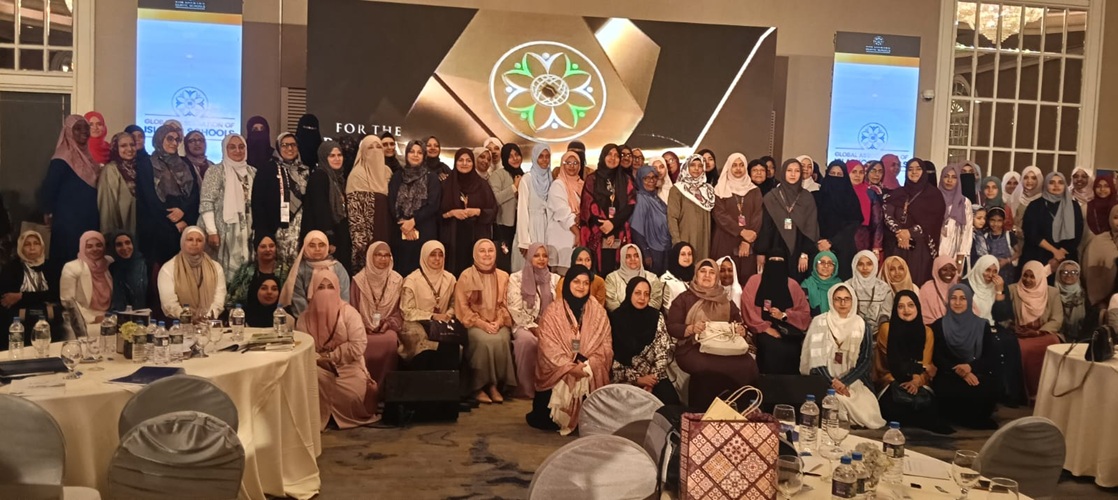
The conference kicked off with inspiring keynotes and evolved into interactive workshops, research presentations, and panel discussions. Key themes included faith-centered curriculum integration, youth empowerment, professional development, and adaptive governance amid digital disruptions and global crises.
The event opened with Prof. Mohamad Abdalla’s keynote, “From Inspiration to Transformation: Reviving Tajdīd in Islamic Schooling in the West,” moderated by Zaffar Ahmed. Abdalla emphasized tajdīd as a holistic renewal rooted in Islamic tradition, urging schools in the West to adopt principled, contextually grounded approaches to education.
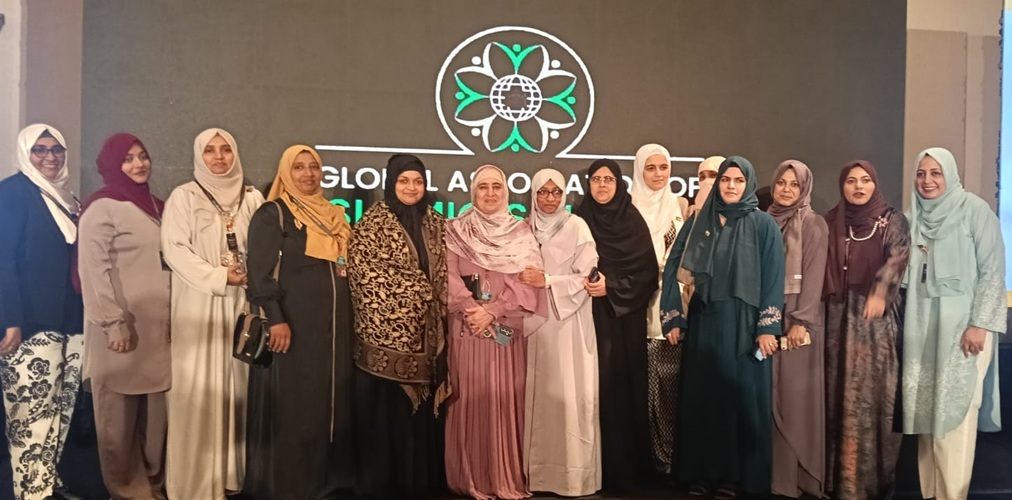
Dr. Abdullah Sahin’s session, “How to Actualize Tajdid in Contemporary Islamic Schools,” moderated by Fahad Haroon, delved into practical principles for fostering a transformative Islamic educational ethos. Sahin highlighted the need for renewal to guide global Islamic schools in navigating modern complexities.
Several sessions focused on embedding faith into everyday learning. In “Faith Centered Integration Breakaway,” Dr. Ismail ibn Ali and Afeefa Syeed, moderated by Sufia Azmat, discussed strategies for integrating faith into curriculum and pedagogy to create a spiritually nurturing environment.
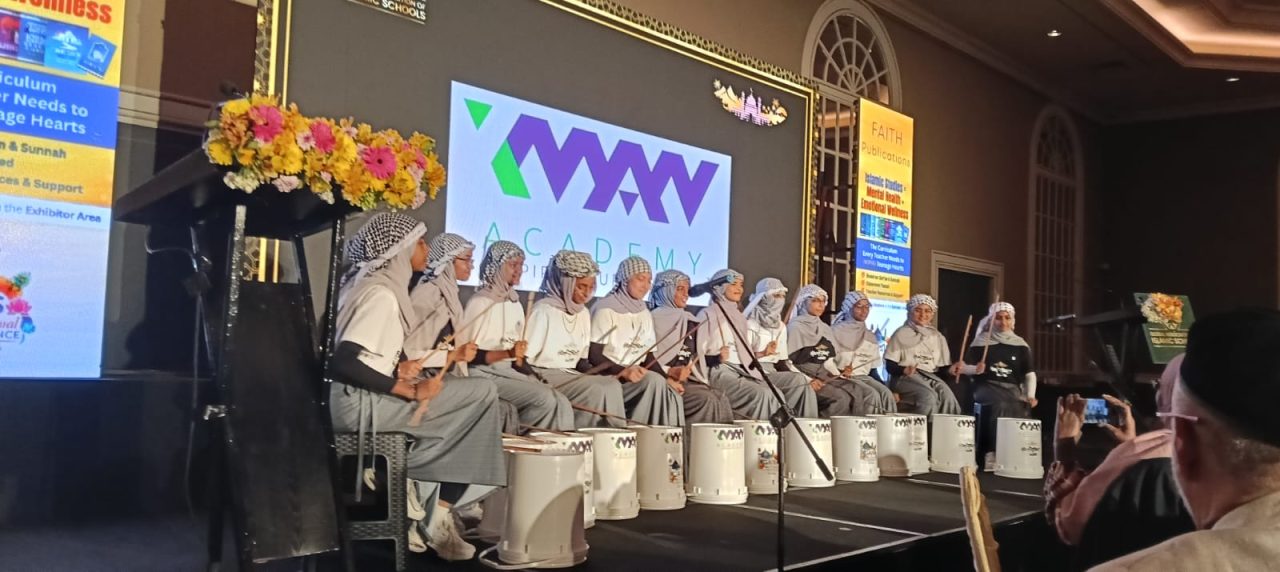
“Reclaiming Tarbiyah: Meaning, Scope and Implications for Islamic Schools,” led by Prof. Mohamad Abdalla and moderated by Zeynep Alp, was an interactive exploration of tarbiyah (upbringing) and its ties to taʿlīm (teaching), tadrīs (instruction), and taʿdīb (discipline).
Rukshana Hassen’s “How the Integrated Literacy Model Transforms Reading into Ibadah” proposed an early childhood model combining phonics, character-building narratives, and Asma’ul Husna to root literacy in an Islamic worldview.
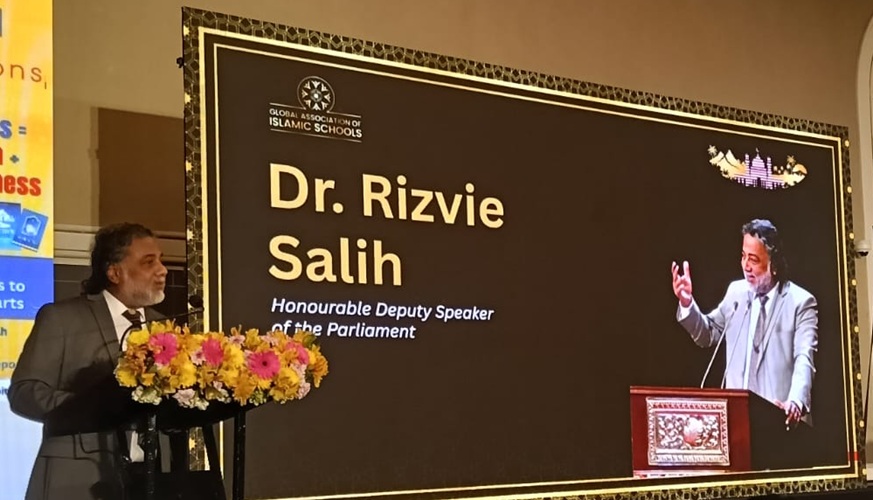
In “Unity’s Integrated Learning Model: A Comprehensive Solution for Ta‘līm and Tarbiyah in the Contemporary World,” Hashir Zuberi, moderated by Sufia Azmat, presented a model merging taʿlīm and tarbiyah to build spiritual, moral, intellectual, physical, interpersonal, and cultural capacities.
Youth education took center stage in “Renewing Our Approach to Youth Education Breakaway,” where Moulana Muhammad Cyclewala, moderated by Dr. Abdul Rauf, addressed digital distractions, identity crises, and moral dilemmas. The session offered tools for integrating moral and spiritual development while upholding academic excellence.
Khalid Mahamad and Asad Choudhary’s “The FIKR Model: A Prophetically Rooted Approach to Challenging Behaviours in Islamic Schools,” moderated by Kathryn Jones, introduced the FIKR framework (Firmness, Intentionality, Kindness, Respect) for managing student behaviors with evidence-based, prophetic guidance.
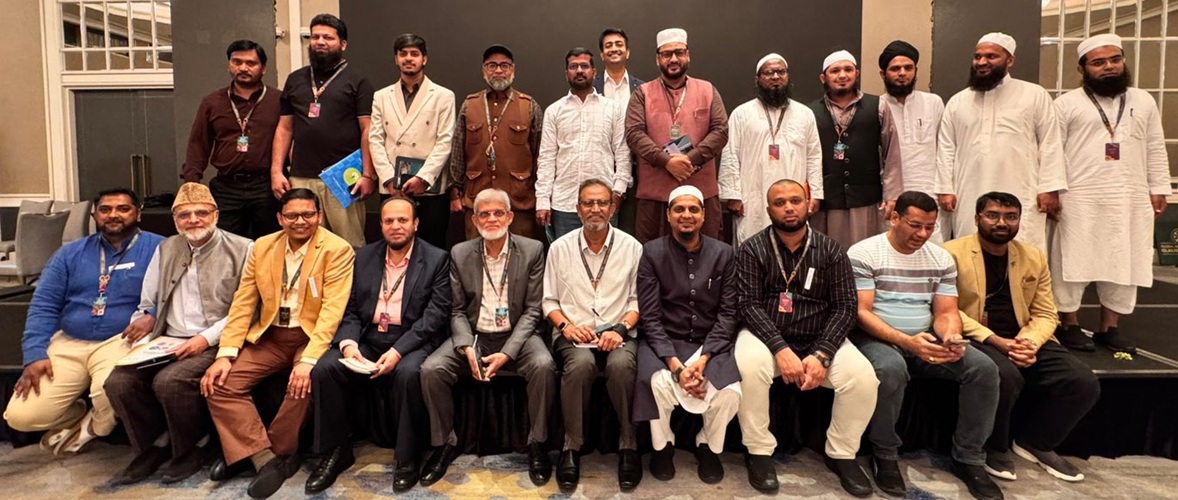
Research sessions showcased groundbreaking models. In Research Session, Dr. Rayes Musthafa and Uzma Ahmed, moderated by Zaffar Ahmed, presented “Redefining Early Childhood Education: The Abrar FECAN Model,” blending prenatal neurodevelopment, Qur’anic pedagogy, and Montessori principles, with the mother as the first teacher. They also outlined “Charting Human Development in Islamic Education,” mapping human development stages from an Islamic lens for age-appropriate pedagogy.
Dr. Nadeem Memon’s Research Session, “Mapping the Journey of Tajdīd: Toward Becoming Islamic Schools of Distinction,” defined key terms and four essential features for tajdīd in global schools.
Other notable research included Dr. Ayda Succarie’s “Navigating Faith and Professionalism: The Case of Muslim Educators in Islamic Schools,” examining tensions between Islamic values and professional norms in Australian contexts; Mas’udin Syarifuddin’s “Triangulated Leadership in Islamic Adult Education,” on balancing authenticity, sustainability, and excellence; Dr. Dina El Odessy’s “Roots and Rhizomes: Transversing between the Written and the Observed Book in Tawhidi Education,” proposing a rhizomatic model to disrupt colonial hierarchies; and Dylan Chown’s “Assessment as a Catalyst for Islamic School Renewal,” reorienting assessment practices.
A “Maqāṣid-Based Framework for Curriculum Evaluation and Development” proposed integrating Islamic values with modern best practices.
Governance sessions provided practical tools. “From Niyyah to Istikhlaf: A Faith Aligned Governance Framework for Transforming Islamic Schools,” by Dr. Misbahuddin Syed and Sabahat Fatima, moderated by Fahad Haroon, introduced a four-stage framework (Tafakkur, Ijtihad, Tatweer, Istikhlaf) with rubrics for self-assessment, role clarity, and teacher observations.
“Navigating Change: Adaptive School Governance,” led by Abdur Rahman Syed and moderated by Abdullah Sujee, explored adaptations to demographic shifts, culture wars, and AI disruptions for mission-aligned decisions.
William White’s “Leading with Shura: Islamic Foundations for Effective Team Dynamics,” moderated by Zainab Ahsan, offered a shura-based framework for team building.
Habeeb Quadri and Salatu Sule’s “Unlocking the Secrets of Success: Leadership Lessons from the Life of Prophet Muhammad (PBUH)” extracted prophetic guidance for modern educational challenges.
“Innovative Ideas,” featuring Dr. Abdul Rauf Em, Kathryn Jones, and Rasha El Haggan, moderated by Rukshana Hassen, pitched ideas like WisdomLinks.ai, “The Islamic Schools’ Dilemma,” and cultivating Prophetic EQ in leadership.
Dr. Nadeem Memon also presented “Islamically Grounded Teacher Education,” while Dr. Farah Ahmed’s “Proposing a Model for Tajdīd through International Educator Learning Communities” advocated for global learning networks.
Wadud Hassan and Dr. Maneeza Dawood’s “Empowering Educators with Data-Driven Prophetic Tarbiyah” introduced a framework enhanced by data-driven training.
Sessions tackled broader concerns. “Dismantling the Systems of Silence: Our Response to Gaza – Amr bil Ma’ruf wa Nahi ‘an al Munkar,” by Zeynep Alp and Leila Shatara, moderated by Prof. Mohamad Abdalla, discussed how education counters external forces reshaping Muslim identity, using the Islamic Curriculum Initiative.
“Digital Dystopia or Divine Direction? Reclaiming Qur’anic Education in the Age of Screens,” by Samir Feroze, moderated by Zaffar Ahmed, unveiled an online platform for customized Qur’an programs.
Bilal Kathrada’s “AI and the Muslim Child,” moderated by Abdullah Sujee, explored AI’s potential from an Islamic perspective.
Moulana Ebrahim Bham’s “An Islamic Perspective on, and Motivation for, the Learning of Contemporary Sciences,” moderated by Uzma Ahmed, provided rationale for engaging modern sciences.
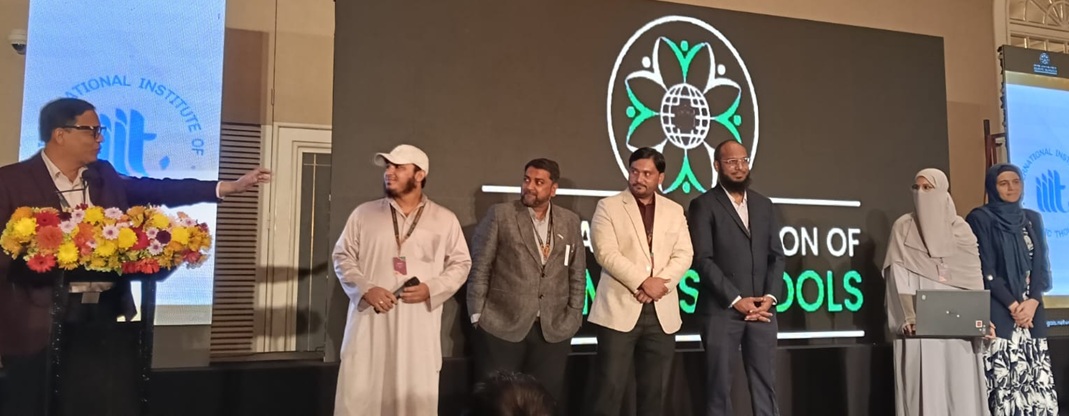
” Sustainable Fundraising for Islamic Schools: Strategies for Long Term Growth,” by Adam Hijazi, moderated by Abid Siddiq Omerson, covered community campaigns, endowments, and zakat utilization.
The “Expert Panel on School Accountability: Striving for Ihsān,” with panelists Sufia Azmat, Asad Choudhary, Dylan Chown, and Hatem Mahmoud, moderated by Leila Shatara, discussed excellence in Islamic education.
“Empowering Islamic Schools Through Arabic: Challenges and Strategic Opportunities,” by Abdullah Bawazir, moderated by Hatem Mahmoud, offered solutions for Arabic instruction.
Mufti Muhammad Atif Karamat’s “Reviving the Prophetic Tarbiyah Model,” moderated by Habeeb Quadri, introduced the Holistic Tarbiyah Framework.
Safi Khan and Haroon Baqai’s “The Heart of Education: Education of the Heart ,” moderated by William White, unveiled a heart-centered high school Islamic Studies curriculum.

Yahya Van Rooy and Peter Gould’s “The Heart of Design: A Framework for Tajdīd in Design Thinking,” moderated by Abid Siddiq Omerson, embedded renewal in innovation.
Dr. Abdullah Sahin’s “Research Methods in Islamic Education Studies: An Integrated Approach,” moderated by Fahad Haroon, introduced integrated research methodologies.
Finally, Abdirashid Warsame’s “Islamic Development Bank: Initiatives and Opportunities for Islamic Schools and Muslim Communities – 10B,” moderated by Sufia Azmat, highlighted the bank’s educational initiatives.
The conference concluded with calls for ongoing collaboration, with attendees praising its role in fostering networks and actionable strategies. As Prof. Abdalla noted, tajdīd is not just inspiration but a pathway to lasting impact. GAIS plans to build on this momentum, with resources like toolkits and frameworks now available to empower Islamic schools worldwide.

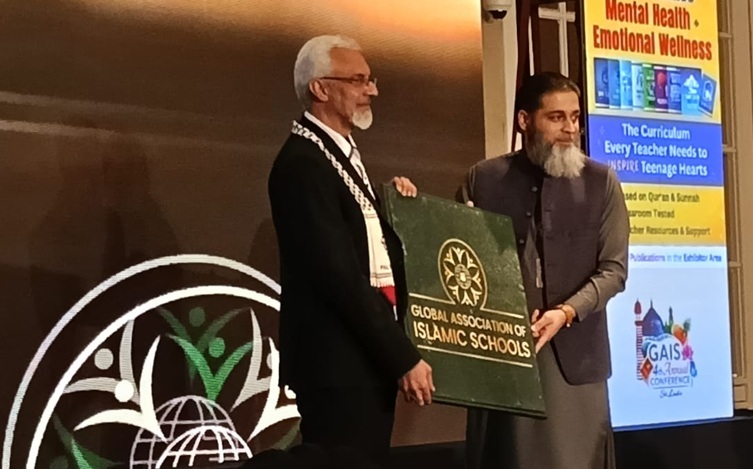
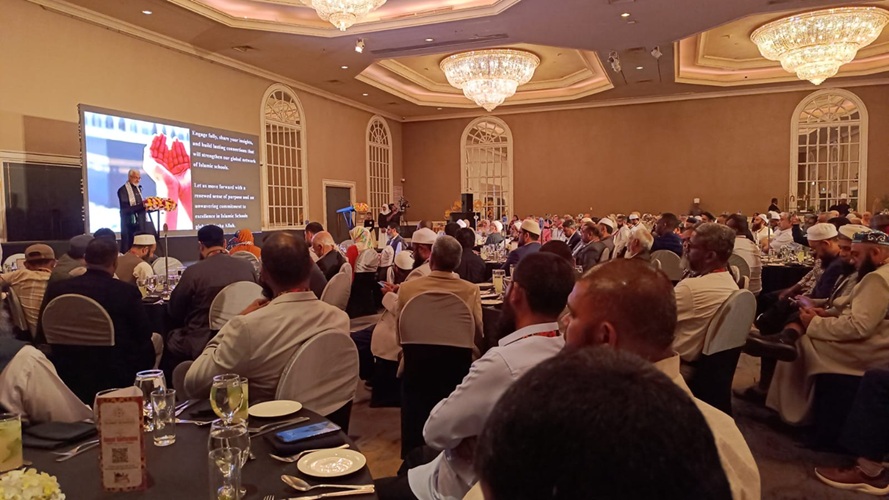
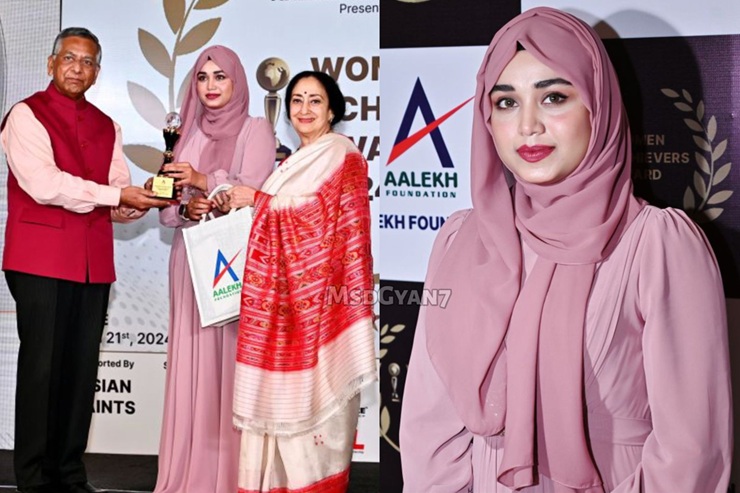
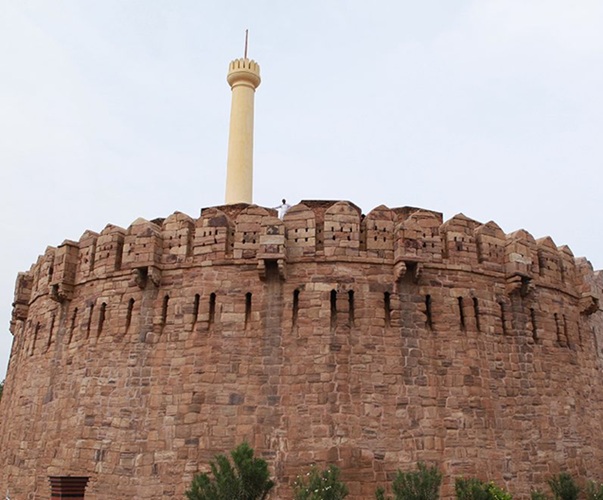
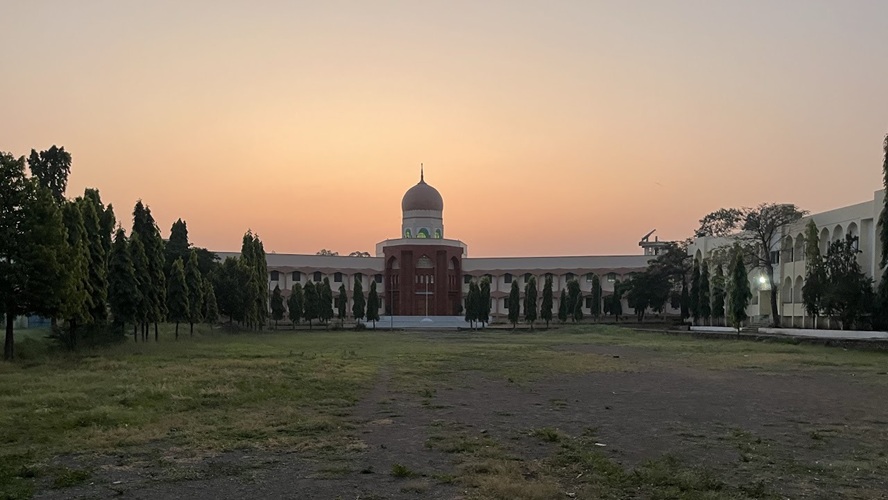
0 Comments